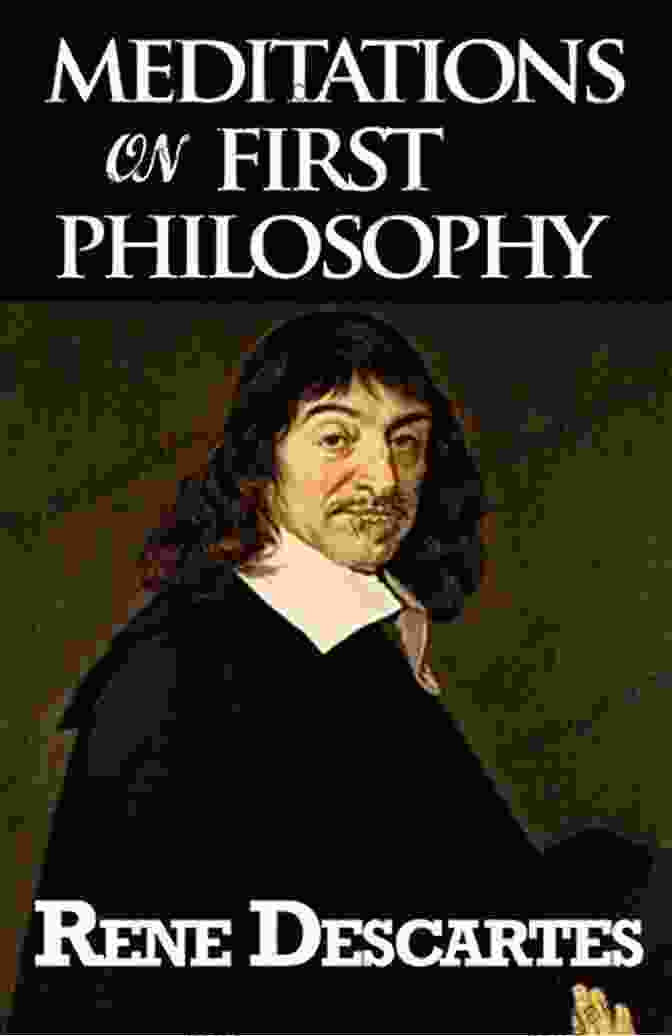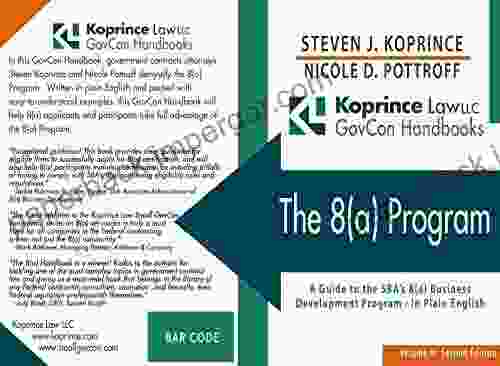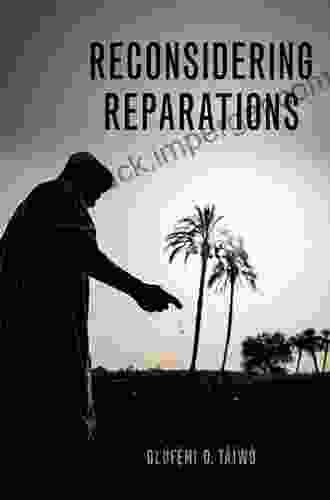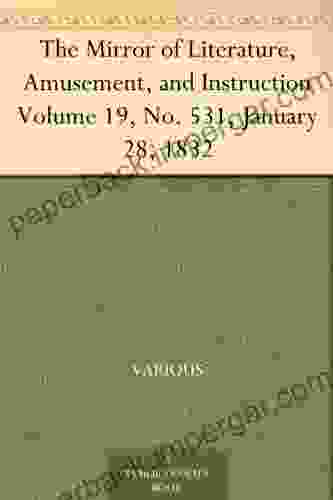Unraveling the Depths of Thought: Descartes' Meditations on First Philosophy

In the annals of philosophical inquiry, René Descartes' Meditations on First Philosophy stands as a towering achievement, a seminal work that has profoundly shaped our understanding of knowledge, existence, and the nature of reality.
4 out of 5
| Language | : | English |
| File size | : | 241 KB |
| Text-to-Speech | : | Enabled |
| Screen Reader | : | Supported |
| Enhanced typesetting | : | Enabled |
| Word Wise | : | Enabled |
| Print length | : | 83 pages |
| Lending | : | Enabled |
Originally published in 1641, Meditations invites readers on an intellectual odyssey that challenges their most fundamental beliefs. Through a series of six meditations, Descartes meticulously applies the method of doubt to question the validity of sensory experience, memory, and even the existence of the external world.

The Method of Doubt
Descartes' method of doubt is a radical approach to philosophical inquiry. By systematically questioning the reliability of our senses and our beliefs, he aimed to uncover the foundations of undeniable knowledge.
One by one, Descartes examines his beliefs and experiences, casting doubt on their validity. He questions the testimony of our senses, arguing that they can deceive us. He considers the possibility that he is dreaming or being deceived by an evil genius that has created a false world for him to perceive.
The Cogito: "I Think, Therefore I Am"
In the midst of his relentless skepticism, Descartes arrives at a fundamental truth that cannot be doubted: the fact of his own existence as a thinking being. This is famously expressed in his famous dictum, "Cogito, ergo sum" (I think, therefore I am).
The Cogito is a pivotal moment in Descartes' philosophical journey. It provides an indubitable foundation upon which he can begin to rebuild his understanding of the world.
God as the Guarantor of Truth
Having established his own existence, Descartes goes on to consider the existence of God. He argues that the idea of a perfect being cannot be derived from experience alone. Therefore, it must have been implanted in his mind by God.
Descartes' proof for the existence of God is based on the principle that every effect must have a cause. He reasons that the existence of the idea of a perfect being in his mind requires the existence of a perfect being as its cause. This being, he concludes, must be God.
The Dualism of Mind and Body
Descartes' Meditations also explores the relationship between the mind and the body. He argues that the mind and the body are two distinct substances that interact through the pineal gland in the brain.
This Cartesian dualism has had a profound influence on Western philosophy and science. It has shaped our understanding of the relationship between the physical and the mental, and has raised existential questions about the nature of human existence.
Legacy and Significance
Descartes' Meditations on First Philosophy has been a subject of intense study and debate for centuries. Its profound insights and rigorous philosophical method have left an enduring mark on the history of thought.
The work has influenced philosophers, scientists, and theologians alike. It has inspired new philosophical movements, such as rationalism and empiricism, and has shaped our understanding of the nature of knowledge, reality, and the human condition.
Today, Meditations on First Philosophy remains a cornerstone of philosophical inquiry. It is a challenging and rewarding read that invites readers to question their assumptions and to explore the fundamental nature of existence.
René Descartes' Meditations on First Philosophy is an intellectual masterpiece, a testament to the power of reason and the enduring quest for knowledge. Through its rigorous application of the method of doubt, its exploration of the Cogito, and its philosophical reflections on the nature of reality, Meditations invites us to embark on a transformative intellectual journey that will illuminate our understanding of ourselves and the world around us.
Whether you are a seasoned philosopher, a curious student, or simply someone seeking deeper insights into the nature of existence, I highly recommend reading Meditations on First Philosophy. It is a timeless work that will challenge your assumptions, expand your perspective, and leave you with a profound appreciation for the complexities and wonders of the human mind.
Click here to Free Download your copy of Descartes' Meditations on First Philosophy:
Our Book Library
4 out of 5
| Language | : | English |
| File size | : | 241 KB |
| Text-to-Speech | : | Enabled |
| Screen Reader | : | Supported |
| Enhanced typesetting | : | Enabled |
| Word Wise | : | Enabled |
| Print length | : | 83 pages |
| Lending | : | Enabled |
Do you want to contribute by writing guest posts on this blog?
Please contact us and send us a resume of previous articles that you have written.
Light bulbAdvertise smarter! Our strategic ad space ensures maximum exposure. Reserve your spot today!
 Darius CoxFollow ·12.5k
Darius CoxFollow ·12.5k Isaac BellFollow ·5.1k
Isaac BellFollow ·5.1k Bo CoxFollow ·11k
Bo CoxFollow ·11k Ralph Waldo EmersonFollow ·18.9k
Ralph Waldo EmersonFollow ·18.9k Milton BellFollow ·12.8k
Milton BellFollow ·12.8k Douglas FosterFollow ·19.6k
Douglas FosterFollow ·19.6k Hugh ReedFollow ·3.2k
Hugh ReedFollow ·3.2k Vernon BlairFollow ·16.2k
Vernon BlairFollow ·16.2k

 Jeffery Bell
Jeffery BellUnlock the Complexities of American Indian Law with...
Welcome to the...

 Louis Hayes
Louis HayesMaster Street Photography: The Ultimate Beginner's Guide
Are you ready to...

 Don Coleman
Don ColemanUnlock Your Business Potential: A Comprehensive Guide to...
Embark on a transformative journey with...

 Ruben Cox
Ruben CoxComparative Guide to International Competition Law: A...
` In today's interconnected global...

 Hamilton Bell
Hamilton BellElevate Your Bread-Making Skills: Unleash the Secrets of...
The Ultimate Guide for Novice Bakers to...
4 out of 5
| Language | : | English |
| File size | : | 241 KB |
| Text-to-Speech | : | Enabled |
| Screen Reader | : | Supported |
| Enhanced typesetting | : | Enabled |
| Word Wise | : | Enabled |
| Print length | : | 83 pages |
| Lending | : | Enabled |



















































